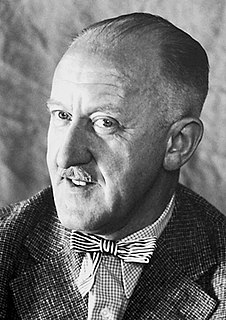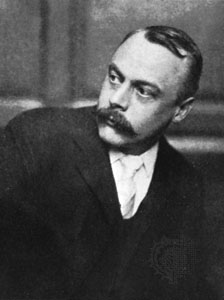A Quote by Ray Bradbury
Plot is no more than footprints left in the snow after your characters have run by on their way to incredible destinations.
Quote Topics
Related Quotes
Remember: Plot is no more than footprints left in the snow after your characters have run by on their way to incredible destinations. Plot is observed after the fact rather than before. It cannot precede action. It is the chart that remains when an action is through. That is all Plot ever should be. It is human desire let run, running, and reaching a goal. It cannot be mechanical. It can only be dynamic.
One boy's footprints are not long in being lost in the snow, in the steadily falling snow of the shortest day, the longest night; they are lost as soon as they are made. And once again the heath is clothed in drifting white. And there is no ghost, save the one ghost that lives in the heart of a motherless boy, till his footprints disappear.
Introduce your main characters and themes in the first third of your novel. If you are writing a plot-driven genre novel make sure all your major themes/plot elements are introduced in the first third, which you can call the introduction. Develop your themes and characters in your second third, the development. Resolve your themes, mysteries and so on in the final third, the resolution.
Sure, the first light snowfall may be a chance to dance giddily, leaving squeaky footprints through the neighborhood, marking the runner's right to the domain. But later drubbings of snow merely complicate running. Snow turns to ice, to slush, to ice again. Tire ruts twist ankles. New snow hides the hazards.
One thing: you have to walk, and create the way by your walking; you will not find a ready-made path. It is not so cheap, to reach to the ultimate realization of truth. You will have to create the path by walking yourself; the path is not ready-made, lying there and waiting for you. It is just like the sky: the birds fly, but they don't leave any footprints. You cannot follow them; there are no footprints left behind.





































